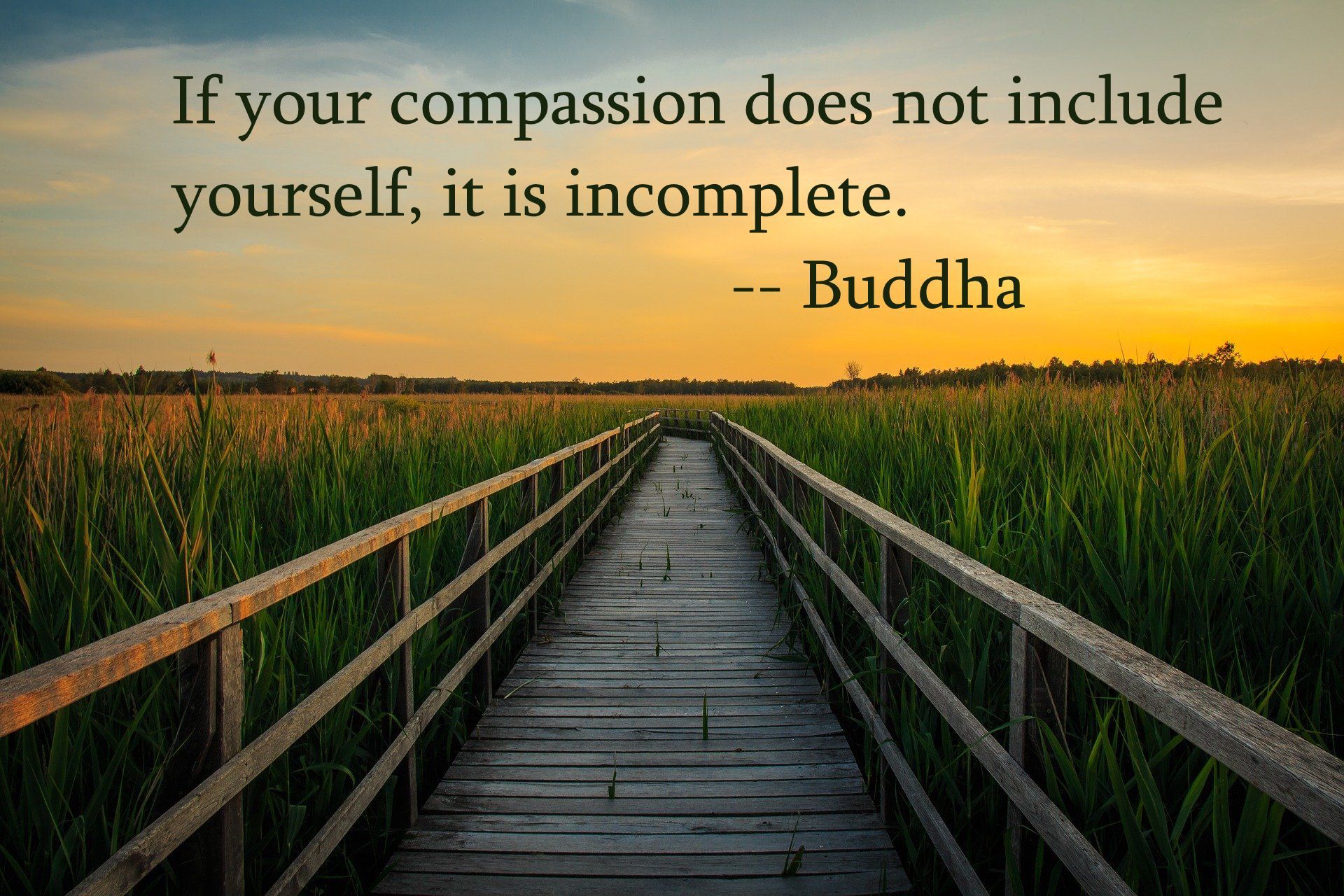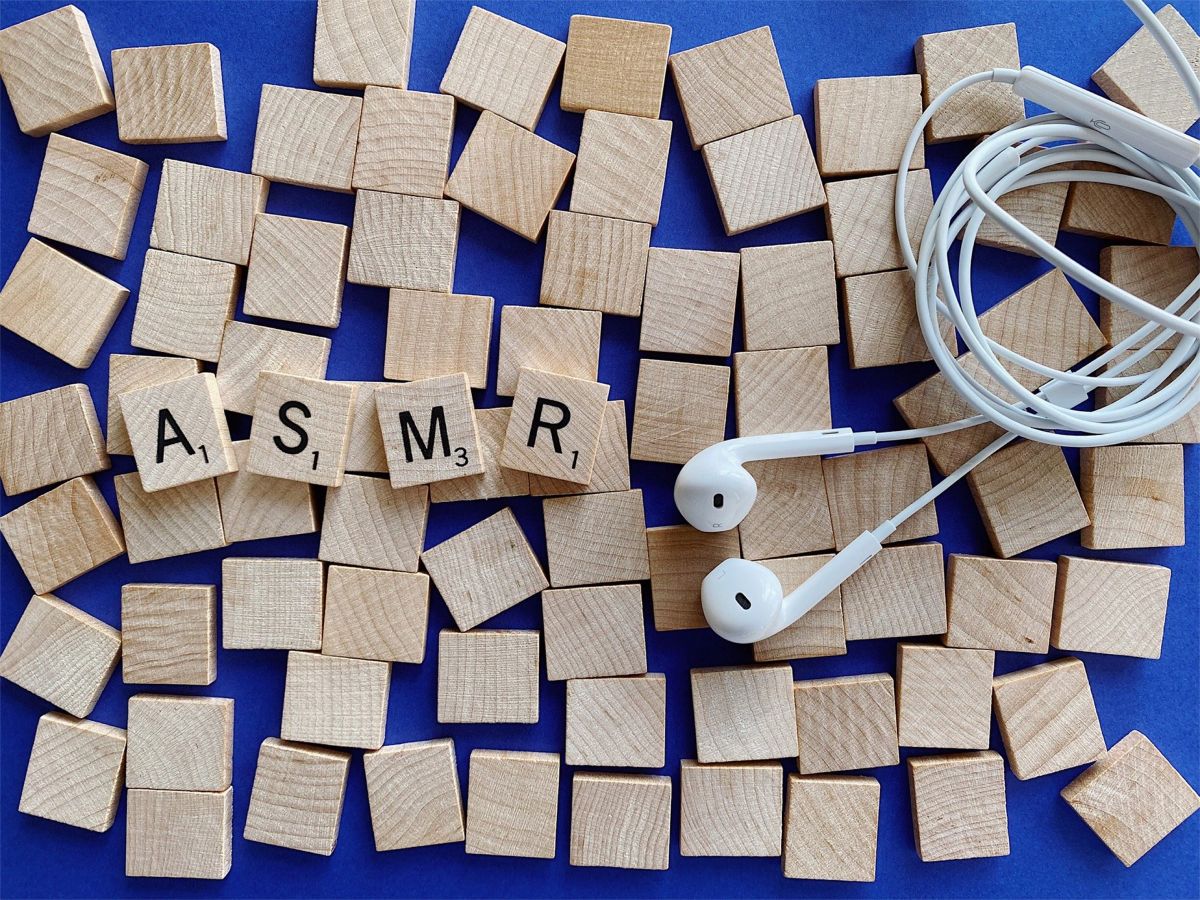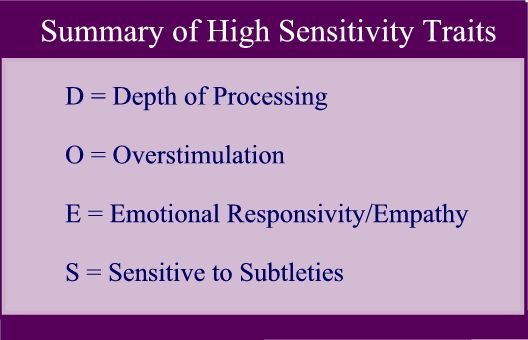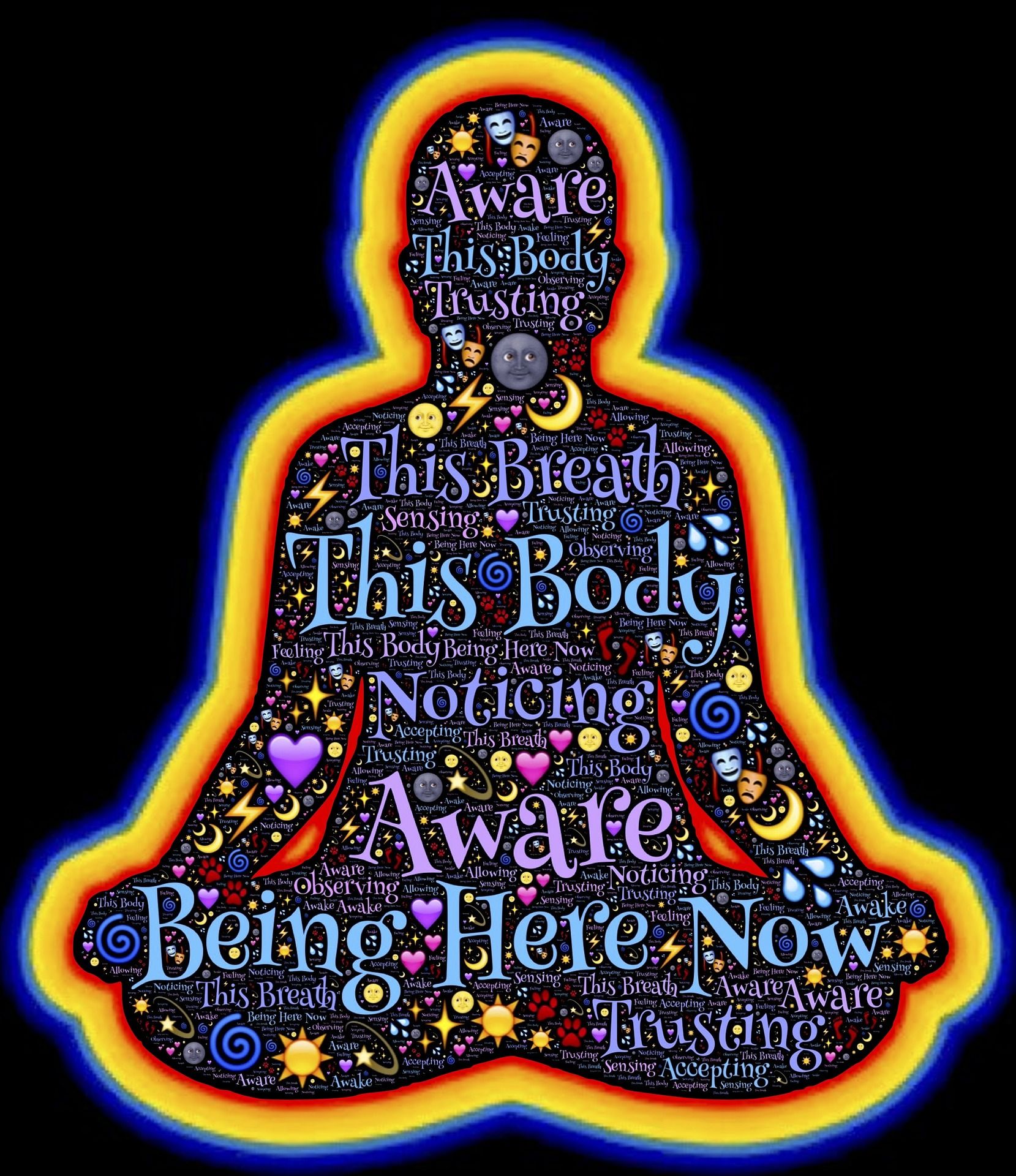One of the thrilling parts of being an HSP is the amount and intensity of emotional and bodily sensation we experience. From moment-to-moment we are on a never-ending roller coaster of heightened feeling. Whether it’s a strong emotional surge throughout our being or a shadowy pain that strikes us the moment we sense another’s pain, we move through our days experiencing life at its fullest through our senses.
It’s not hard to understand how dealing with this constant barrage of feeling can and does overload the HSP. While we enjoy the insight this phenomenon gives us, we suffer when the overload becomes too overpowering.
Take heart – there is hope. You can take preventative measures to manage that overload. Here are some important ones:
Pay Attention to the Signs
Sensitive people are usually highly creative. Our minds are always gathering subtleties, collecting insights, drawing inspiration from our environment. All this in the hope of quenching the driving force for creation within us. Whether that drive expresses itself through painting, entrepreneurship, music, writing, or any number of the many artistic outlets there are, we must channel our energies through them.
While this is an attractive quality, if not held in check, it can overwhelm us. The key to regaining our equilibrium is to set our internal awareness to high. If we remind ourselves to mentally check in on when this is happening, we can step back and decompress.
Some of the ways I use to accomplish this is through meditation, meditative movement like tai chi or yoga, or simply a relaxing walk. My favorite way is to take our two dogs for a short walk around town. They love the adventure, and I am rejuvenated.

Be in the Moment
Live in the now. When you find yourself lamenting the past or fretting about the future, pull yourself back to the now. We only have control in the moment that we are currently in. You cannot change the past so there is no plausible reason to go there. The future comes as it will. Set goals but remain flexible. Life tends to bring us what we need when we need it. If we are too busy trying to manipulate it, we miss all the wonder and joy of the present.
Being grounded in the moment takes away unnecessary stimulation. When your focus remains on the present, the swirls of avoidable stimulants disappear.
Be Solitary
Separate yourself from the stimulant. Whether it’s people or a task, if you are too overwhelmed you won’t be good company, or you can’t give your best to the job at hand. Be kind to yourself – leave the stimulant and spend time alone. Indulge a hobby you enjoy. Breathe in the fresh air of nature. Take in a book in a quiet library (yes, libraries do still exist).
When you are back to your equilibrium, you can return, if necessary, to the source of arousal.
The increased sensory input we experience is a special gift, but it can also plague us if we don’t manage it well. If we are vigilant, we can enjoy its vitality without letting it overpower us. Choose self-care – you’re worth it.
Copyright 2021, Monica Nelson












